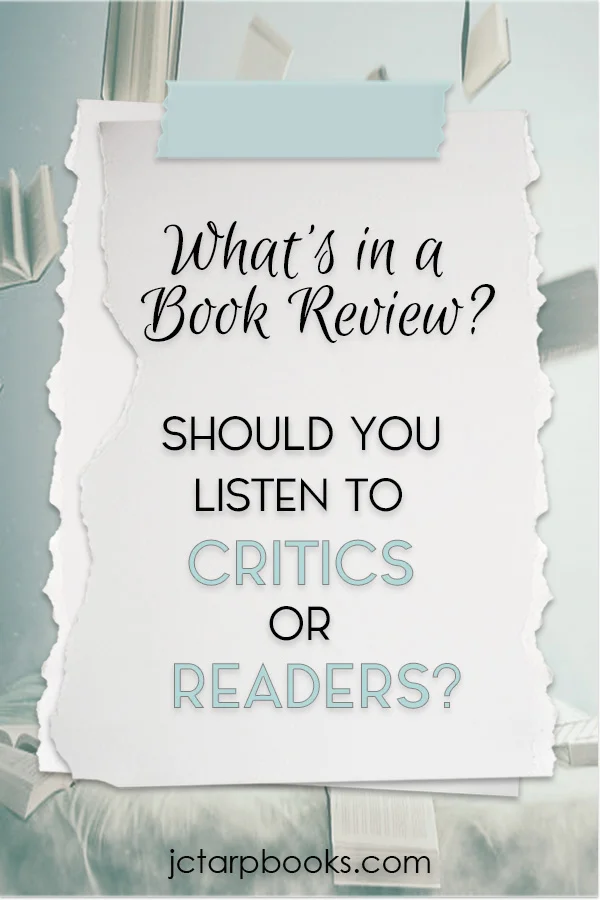What's in a Review?
Pulse-pounding. Chilling. Edge-of-your-seat psychological thriller. Characters that stay with you long after you’ve read them. These are just some of the things what we all took away from the Silence of the Lambs and the Hannibal Lecter series. And while Anthony Hopkins and later, Edward Norton, made the lines famous in the movie adaptations, Thomas Harris wrote them first.
A dependable author – one who can assuredly weave a tale so deep and shuddery and keep you guessing until the end. One of those one-click without thinking buys. Unfortunately, he hadn’t released a new book in over a decade. Until May with Cari Mora.
Catching a headline about the release, I immediately clicked on the article which happened to be a review. A glowing review. This might even be better than Silence of the Lambs! Oh man. There are countless reviews and write-ups, each one making the book sound better than the last. An “American master” was said so often I just repeated it in my head like a game before I started reading.
So, of course, I went right to Amazon and just look at these featured reviews:
“The best of Harris’s work, and this includes his latest, long-awaited novel, Cari Mora, has just that feeling of absolute, unquestionable reality. Through a combination of elements—a perfectly realized authorial voice, the steady accumulation of terrible details, an empathetic vision of lost and damaged souls—Harris has created a sense of dreadful intimacy that we cannot escape, that forces us to gaze at unthinkable things, and never look away. No one has illuminated this kind of darkness more thoroughly or effectively than Harris. It seems unlikely that anyone ever will.”
“This page-turner begins intensely, builds in suspense then executes a high-action finale . . . Harris writes in cinematic takes and doesn’t waste words . . . a good, fiendish read.”
“A less accomplished or ambitious writer might have crafted a worthy thriller with only one or two of the story strands that Mr. Harris weaves; but the several plot elements in Cari Mora are always in fine balance, as befits the work of a unique master still at the top of his strange and chilling form.”
“The heist story that makes up the bulk of Cari Mora is inventive and crisp, with a prose style that owes less to the floridness of the last two Hannibal novels than it does to the late and much-lamented Elmore Leonard.”
I mean, this obviously goes right onto the “Books To Buy” list, right?
I like to read reviews. I like to know what a reading audience has to say. I want to hear what they have to say. I always read the one and two-star reviews. Always. Sometimes the poor reviews are because the formatting on their e-reader was wonky, sometimes the subject matter just wasn’t for them. A lot of times the author needed an editor, and others are pretty detailed in their dislike for whatever reason: hated the main character, no growth, figured out the whodunit by chapter two, the story was flat, the story was boring, it didn’t go anywhere. You have to weave through them to get to the actual criticism, but they all matter in their own way just as much if not more than a raving five-star review.
I’ve read books upon books with amazing five and four-star reviews that by the first third of the book I want to throw it or my Kindle across the room. (By that I mean, lay the electronic device on the soft couch in a mildly aggressive manner.) I’ve been so surprised that I’ve gone back to the reviews because maybe I got the wrong thing.
How can all those people not see how awful this is? Nothing is happening. Literally nothing. My four year-old nephew tells a better story and I can’t understand half of what he says!
Books are subjective. Writing is subjective. Take-aways are subjective.
To a degree.
When I saw that Cari Mora has a 2.5 star rating, I was confused. I mean, look at what all those glossy magazines, book reviewers, and fancy newspapers said. As of this writing, the book has 60% one and two-star reviews. A mere 16% are five-star. That’s quite telling.
So how is there such a disconnect?
In two words: public relations.
The “Big Five” publishers and their imprints have teams of marketing and public relations people. It’s their one and only job to have these books seen, reviewed, and promoted by “the right people”. They send press releases, advance copies of books, advertising to anyone and everyone they need to get the word out. Do we all hope to be an author with them backing us one day? You bet your sweet ass. But, is there honesty in what those reviews and promotions say?
I’m not suggesting that they are all dishonest but there’s sometimes a huge contradiction in what “critical” reviewers at well-known publications versus what the reading public takes away from the same book.
And, in this case, we aren’t talking about some philosophical or you have to be super intelligent to get it or insert whatever elitist bullshit here - it’s a psychological thriller. The kind of book you don’t have to think too much about. The kind of book that should draw you in, bathe you in the characters and story, and hold you hostage until the end.
And to the regular ol’ readers, this one doesn’t.
So, while you may see a book reviewed that sounds too good to pass up by one of your “trusted sources” remember that there was someone behind them, pushing them to read it in the first place. Take in their words, sure, but also look to what someone exactly like you has to say. You’ll be less likely to throw the book across the room if you do.
On this one, I’m listening to the readers.








